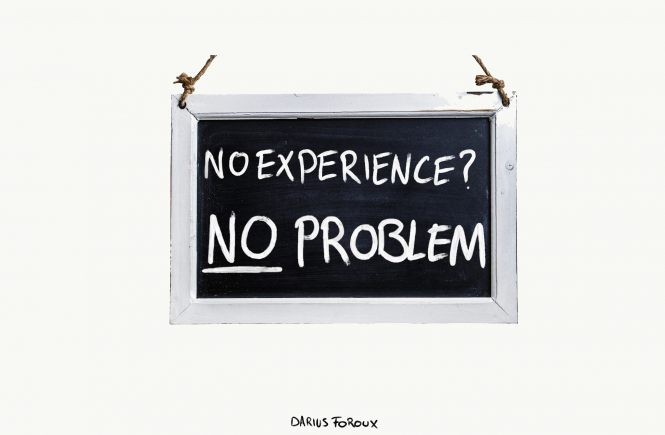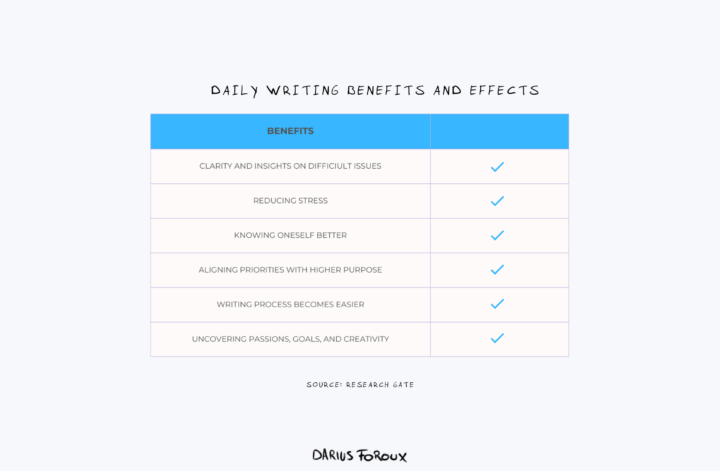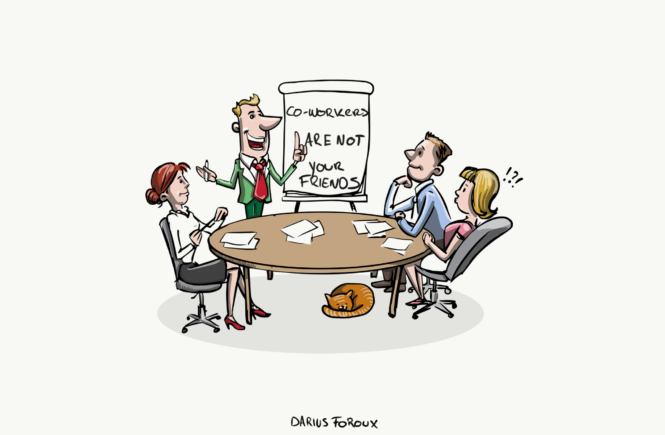Here’s the challenge everyone who starts their career faces: You can’t get a job because you don’t have prior experience, but you can’t get experience without getting a job.
It’s called the experience paradox or Catch-22 of getting a job. It’s a real challenge. And if you can’t overcome it, you can easily set your career 3 to 5 years back.
Worse, I’ve seen young folks and people who switch careers destroy their potential by making the wrong decisions early on.
I don’t want to scare you. You can still overcome the Catch-22; but not with conventional career advice. Because what’s the standard advice for people who want to build a career?
“Create a resume, browse job boards, and respond to job applications.” Sorry to disappoint you. If you take that route, you will end up like most people: Frustrated and underpaid.
Don’t worry, there’s a different way. With the right strategy, you can break into any industry and earn what you’re worth.
But I have to warn you. It takes at least twice as much work. However, that shouldn’t be a surprise to you. If you want to have a better career than most folks, guess what; you have to BE better than most folks.
When you do the following 2 things, you will become better—that will significantly increase your odds of getting a job without prior experience.
1. Be The Person You Would Hire
Why is it that companies prefer to hire experienced people for a role? When I started my career, I didn’t understand it.
The reality is that there’s a massive difference between someone who doesn’t have experience at a particular job and someone who has two years under their belt.
Even though two years might not sound like a lot of time, it’s actually a lot of time to learn the ins and outs of a job. And especially when you recently got out of college; because your first two to three years are all about learning to be a professional.
Some people never become serious about their careers. They wake up at a time so they can come to the office just in time. They prefer to sleep in. And they are the first to leave at 5 pm. They don’t ask questions, don’t seek out mentors, LOVE their lunch break, and chit-chat with their co-workers every chance they get.
Imagine you would be the CEO of a company. Would you want a person like that on your team? Of course not.
I must be honest; I used to be like that too. But I realized that attitude will not bring you far. If you want career success, you need to take it seriously. You only get rewarded for results. And what brings results? Skills.
Now, the good news is that increasingly more companies are putting emphasis on the skills of the people they want to hire—not their experience.
In his book, The Virgin Way, I read that Richard Branson, the famous founder of Virgin (that employs approximately 71,000 people), hires for character and skills. He prefers to actually get to know applicants instead of asking them a bunch of boring questions.
If you seek out companies who hire for experience and skills, you have a good chance of getting hired—even if you don’t have experience.
There’s only one condition: You must be a person YOU would hire. Someone who’s not only a professional but also has the skills to do a good job. If you feel like your skills are not that good yet, spend more time on your craft.
So how do you find a company that hires for skills and character? You ask.
Look, getting a job is NOT easy. It requires a lot of manual labor. Sometimes you need to reach out to hundreds of people to even get an interview. So that’s what you do. Be ready to do whatever it takes.
You reach out to people in HR of companies you’d like to work for. And you ask them about their interview process. How does the application process work? What are the characteristics you’re looking for in candidates?
You can use that information to apply for jobs you’re interested in. But unlike people who blindly apply, you know what they are looking for.
2. Do Free Work
Often, being good at your job and having information about the application process won’t cut it.
I’m a big fan of demonstrating your skills instead of talking about it. During the interview, we only talk. But when you offer to do free work for a company, you actually demonstrate your skills in a real-life setting.
So how can you do free work? Larry Stybel, a clinical psychologist, wrote an article for HBR about his experience launching his career. He shares 3 great tips:
- Look for a company you’d love to work for and then be specific about what value you will provide—What will you exactly do for the company? No need to overpromise. It’s better, to be honest about what you can. Identify a person you want to work for, and reach out to them directly. Also, send your resume along (watch my video on how to create a graphic resume with Canva for tips).
- Be specific about what value you will receive—Start with the end in mind. What do you want to get out of it? A reference? A potential job? Experience?
- Be specific about the time frame—You don’t want to keep working for free forever. In Stybel’s example, he said: “I promised to work two days a week for two months.” Often, you can’t even work full-time for free. Nor is it something I recommend. Use your time to keep searching for a job.
One of the key lessons for everyone launching their career is to consider yourself as a learning machine. When you feel too proud to learn or work for free, you will be stuck sooner than later.
But when you keep improving yourself and reaching out to people in the industry you want to work in, it will ultimately lead to a real job.




